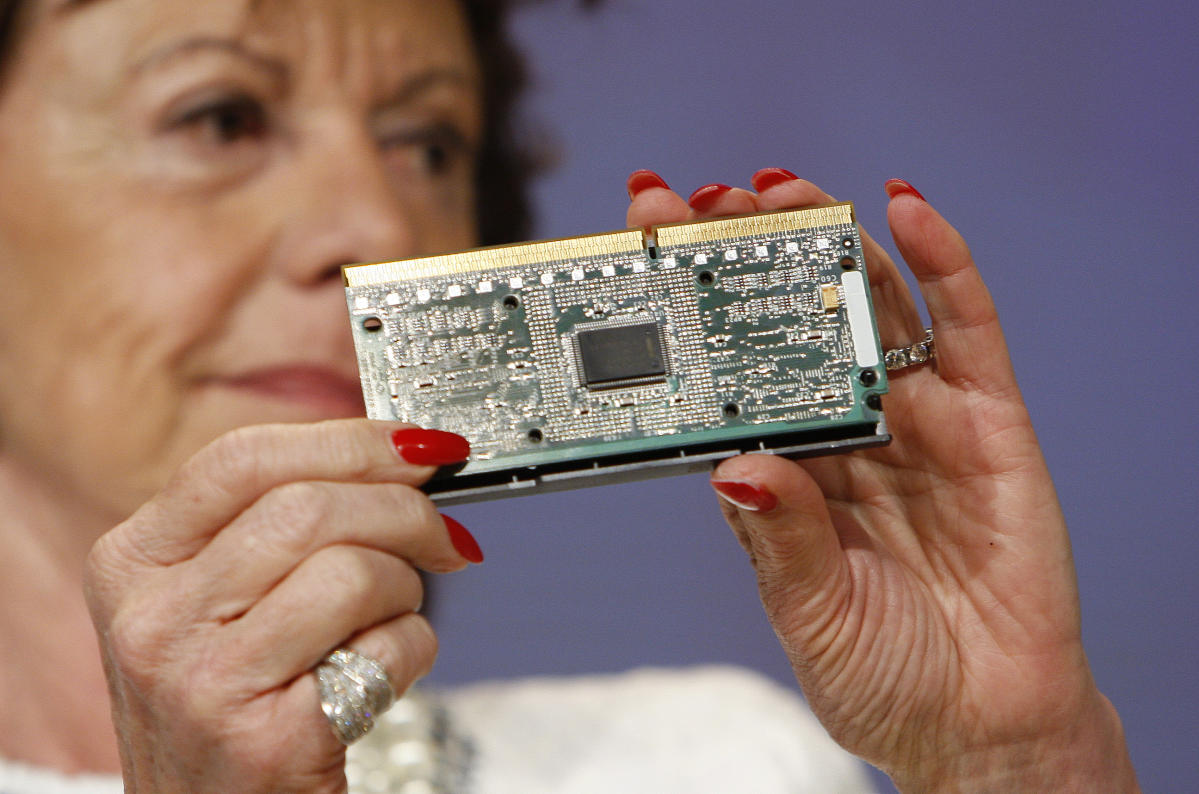
The European Fee has imposed a €376.36 million ($400 million) fine on Intel for blocking the gross sales of gadgets powered by its rivals’ x86 CPUs. This brings one a part of the corporate’s long-running antitrust court docket battle with the European authority to an in depth. For those who’ll recall, the Fee slapped the chipmaker with a record-breaking €1.06 billion ($1.13 billion) positive in 2009 after it had decided that Intel abused its dominant place available in the market. ye
It discovered again then that the corporate gave hidden rebates and incentives to producers like HP, Dell and Lenovo for purchasing all or virtually all their processors from Intel. The Fee additionally discovered that Intel paid producers to delay or to utterly stop the launch of merchandise powered by its rivals’ CPUs “bare restrictions.” Different instances, Intel apparently paid corporations to restrict these merchandise’ gross sales channels. The Fee calls these actions “bare restrictions.”
The case has gone via a number of European courts since then, with both facet lodging an enchantment, relying on what the choice was. In 2017, the best court docket within the European Union ordered the positive to be re-examined on the premise that the Fee did not conduct an financial evaluation on how Intel’s exercise impacted its rivals’ capacity to compete towards it.
Europe’s second highest court docket, the Common Court docket, then decided last year that the Fee certainly did not carry out evaluation of the corporate’s rebate scheme. Consequently, it got here to the conclusion that it could not decide how the incentives Intel supplied affected its rivals. It additionally scrapped Intel’s €1.06 billion positive, explaining that it isn’t able to find out how a lot it really has to pay, but it surely upheld earlier courts’ determination that the corporate’s bare restrictions violated EU legal guidelines.
In its announcement, the European Fee gave a couple of examples of how Intel hindered the gross sales of competing merchandise. It apparently paid HP between November 2002 and Could 2005 to promote AMD-powered enterprise desktops solely to small- and medium-sized enterprises and through direct distribution channels. It additionally paid Acer to delay the launch of an AMD-based pocket book from September 2003 to January 2004. Intel paid Lenovo to push again the launch of AMD-based notebooks for half a yr, as effectively.
The Fee has since appealed the Common Court docket’s determination to dismiss the a part of the case associated to the rebates Intel supplied its shoppers. Intel, nevertheless, didn’t lodge an enchantment for the court docket’s ruling on bare restrictions, setting it in stone. “With right now’s determination, the Fee has re-imposed a positive on Intel just for its bare restrictions follow,” the European authority wrote. “The positive doesn’t relate to Intel’s conditional rebates follow. The positive quantity, which relies on the identical parameters because the 2009 Fee’s determination, displays the narrower scope of the infringement in comparison with that call.” Seeing because the rebates a part of the case is below enchantment, Intel might nonetheless pay the remainder of the positive sooner or later.
This Article is Sourced Fromwww.engadget.com






